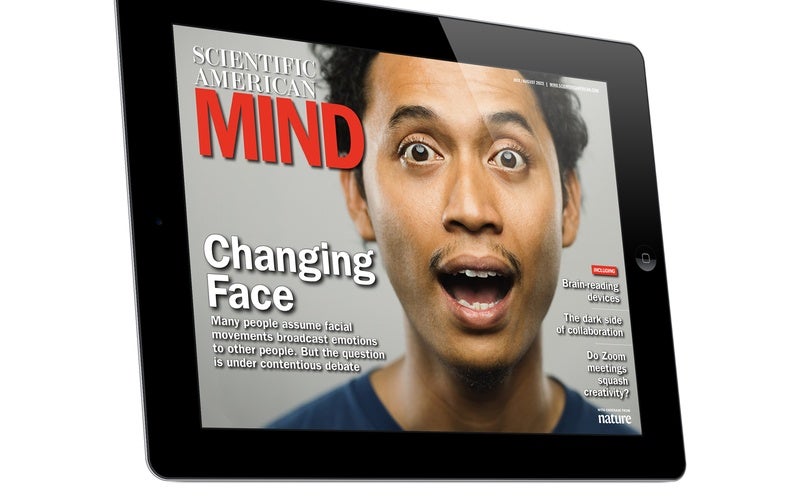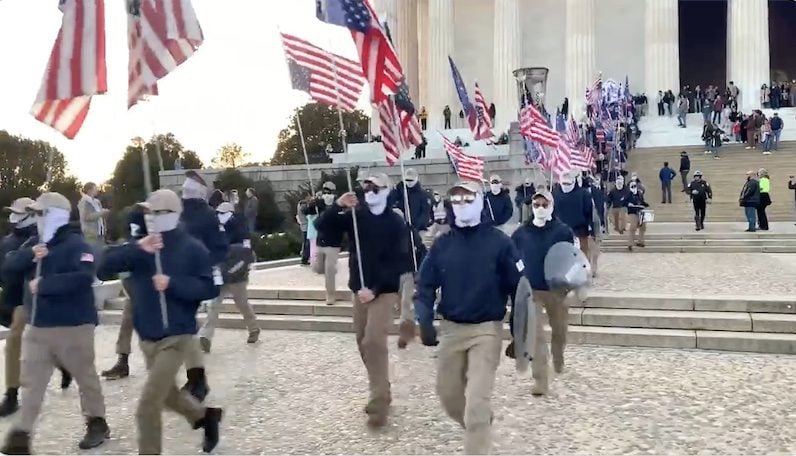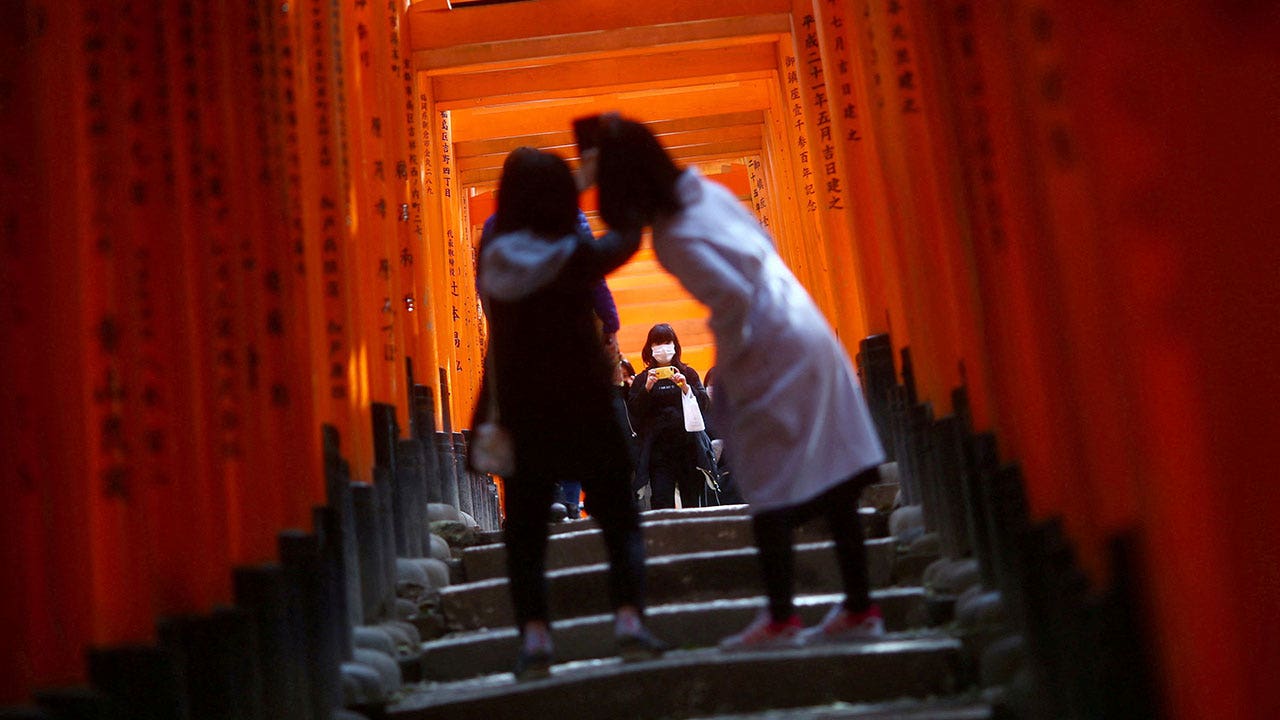The early pandemic romance tales were anxious productions, desperate to capture (and capitalize on) the uncertainty of the coronavirus ravaging the globe. They were reflections of the moment, a set of breathless drafts. Nearly three years into the far-from-over virus, attitudes about it have changed and so, I suspect, have standards for the pandemic love story.
Katie Holmes’ second feature Alone Together marks a new chapter for this burgeoning subgenre, with hindsight loosening the grip of over-sentimentality (though the film does not entirely escape cloying tendencies). Premiering at the Tribeca Film Festival, this disarming romantic comedy operates best as a time capsule of how wealthy New Yorkers experienced the weeks in March and April 2020, when the city shut down and panic set in. Those were the days of hunting down hand sanitizer, spraying groceries with disinfectant and listening to then-Governor Andrew Cuomo’s rasping voice on the morning and evening news.
Alone Together
The Bottom Line
Predictable but sweet.
Alone Together begins with a Manhattan-esque montage of New York City and our protagonist June (Holmes), a food critic in her early 30s. Her pre-pandemic life consists of attending lavish parties with her boyfriend John (Derek Luke), scribbling furiously in her notebook as she dines on decadent meals at hopeful new restaurants. The camera lovingly gazes at the usual New York fixtures and then some: shots of Washington Square Park, Bar Primi’s corner on Bowery, Central Park and a glowing Empire State Building in the distance.
New York is indeed as much a character in Alone Together as June, which makes it frustrating when that radiant opening leads into a series of contrived moments as our character tries to flee upstate. A homeless person admonishes her for not giving him money — reminding her that the world is ending, and he shouldn’t have to ask her twice. The frazzled writer eventually gets to Grand Central, where an initially frosty station attendant informs her that service has been slashed and there won’t be another train for hours. June decides to take a Lyft.
In the car, she gets a weirdly perfunctory text from her boyfriend saying that he won’t be able to meet her upstate as planned. He’s worried about his parents and thinks it’s best to stay in the city. She masks her hurt and sends him an agreeable response. A brief exchange with her driver, in which he tells her some version of “people always think they have more time,” captures the melancholic mood of those early days and telegraphs June’s forthcoming adventure.
When June arrives at the colonial-style Airbnb, she’s shocked to find the spare key missing and the lights on. Her phone died, so she can’t call John, who booked the place. She panics and crumbles before Charlie (Jim Sturgess) opens the door. The two eventually piece together that they have been double booked; it turns out the homeowners are going through a fraught divorce, leading to ineffective communication. (It’s a strange twist when you think about how the pernicious platform works, but it’s best not to overthink.)
It’s a set-up, of course, for June and Charlie to spend time together. The two have an easy chemistry, anchored by Holmes’ charming performance. A type-A person who moved to New York after college and adopted the city as her personality, June travels with her favorite bottle of wine and opener as well as a sleek bag of tastefully coordinated outfits. Charlie is a native New Yorker who, in his words, “restores stuff” for a living. He is initially skeptical of June and her haughty attitude.
The pair’s tense dynamic softens into something sweeter. June and Charlie spend nights drinking, cooking and playing games. They share their secrets with each other and fall into an endearing love. There’s an appreciable tenderness to Holmes’ direction here. With the help of DP Martim Vian, Holmes seems to be aiming for an almost Austenian depiction of June and Charlie’s time upstate: Think spontaneous bike rides, picnics on the lawn, roasting s’mores in the fire-pit. These scenes, overlaid with a bright score and laced with winking irony, help us overlook the predictably plotted screenplay (written by Holmes herself).
The realities of the pandemic unfold in the background of June and Charlie’s romance, which plays out similarly to the relationship in Roshan Sethi’s equally appealing 7 Days. Holmes relies on news broadcasts to mark both the passage of time and the couple’s increasing need for one another. They start by sewing masks out of cloth and shoelaces and graduate to comforting each other through personal tragedies and cheerleading one another’s dreams.
John — June’s boyfriend — looms in the shadow of this flourishing new romance. It’s when Alone Together must finally deal with this pre-existing relationship that the film turns drier, more brittle. It becomes clear that the disproportionate amount of time given to June and Charlie’s coupling has shortchanged the chance to understand John and June. And because we only have a superficial familiarity with the couple’s yearlong relationship, their eventual confrontation doesn’t pack as much of an emotional punch as it should. I started to itch for the end, which, when it finally comes, is as expected — felicitously, sweetly and satisfyingly moving.

























































